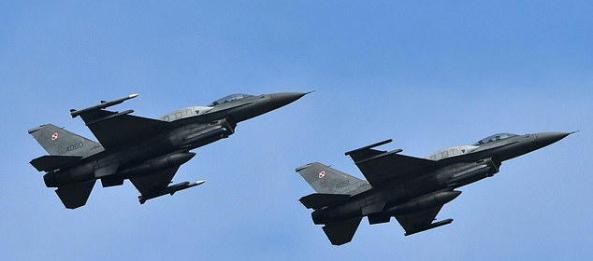Good governance is central to the proper nurturing of this 50-year-old Republic. Good governance is founded on transparency and accountability. Secrecy and the withholding of information from the public domain, in contrast, generate bad governance.
Transparency is a basic characteristic of good governance whereas secrecy is the distinguishing mark of bad governance. This inevitably leads to the shielding of unethical behaviour, as well as the propagation of a culture of greed and corruption.
Transparency and accountability are inseparable twins. Accountability is, in fact, non-existent or severely diluted in the absence of transparency.
Good governance is much more than a concept. It is the essential foundation for any democratic Republic. In the absence of good governance, greed flourishes, and national institutions are slowly transformed into personal fiefdoms. Corruption and rampant clientelism are the inevitable results of a lack of good governance.
In her inaugural speech on Thursday, President of the Republic Myriam Spiteri Debono spoke of the assassination of Daphne Caruana Galizia. Daphne’s assassination was described by Her Excellency as a wound that, as a nation, we must heal the soonest.
Daphne Caruana Galizia was actively involved in journalism, investigating corruption. Notwithstanding the continuous vitriol she faced, Daphne identified many a scandal associated with the governance model championed by the Labour Party in government.
This, in reality, is the wound to be healed. We need to finalise that begun by Daphne by ensuring, as a nation, that the corrupt face the music the soonest. Then the festering wounds of corruption, made worse as a result of a culture of impunity, will start the healing process. The rule of law must prevail without any exception.
The assassination of Daphne is also a heavy blow against good governance. The public inquiry into the circumstances that led to Daphne’s assassination concluded with identifying the Maltese state as being ultimately responsible for all that happened.
A culture of greed has been reinforced with a culture of impunity.
The change necessary to heal this wound requires considerable courage and goodwill. I am not at present convinced that the political leadership currently in government is acting in good faith. It is a leadership under siege, continuously defending those who have driven this country to the dogs.
Land use planning and our environment are regulated by greed. Agricultural land is slowly disappearing as a result of the planning policies of the PN in government way back in 2006 through the so-called rationalisation exercise. The Labour Party opposed these plans when in Opposition but it is currently in the process of milking them dry to ensure that the greedy are fully satisfied. Some have already licked their lips! Others are awaiting their turn.
It takes courage to act against greed, when both Parliamentary parties are fully committed to entrenching it as a way of life. They ensure the quality of life of the greedy, but in the process are ruining that of all the rest of us: both the present as well as the future generations.
The current set-up of our Parliament is part of the problem. It is no wonder, that, in this scenario, we are lumped with an electoral system that ensures that the voice of change is silenced by making it as difficult as possible for it to be heard.
Change is hindered as the national institutions are rigged against those who dare to speak up for the representation of a variety of minority views in the country.
As a result of this lack of political goodwill, ADPD-The Green Party is currently in Court contesting the discriminatory nature of this rigged electoral system. It is a constitutional court case that is hopefully approaching its conclusion.
At ADPD-The Green Party, we have long been speaking about the urgent need for electoral reform, focused on the need to ensure that every vote is valued. Until such time, no change can ensure that everybody is on board. One person, one vote, one value.
It takes courage (and political goodwill) to change.
published in The Malta Independent on Sunday: 7 April 2024







